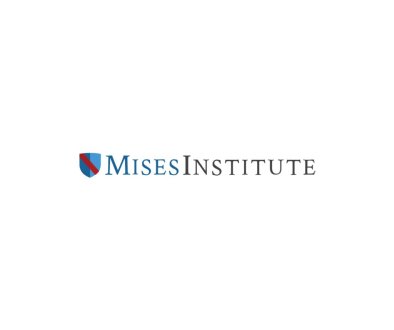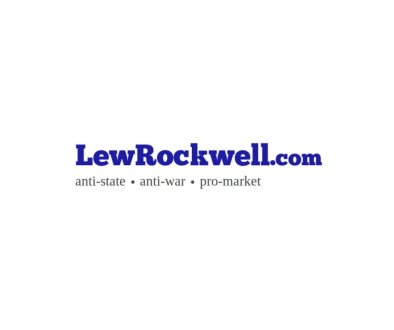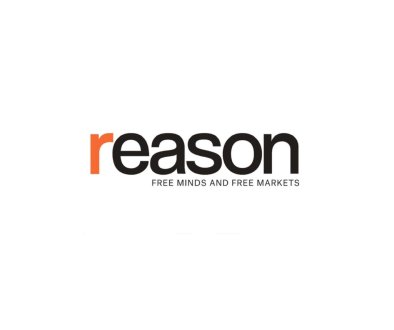What Freedom of Speech?
In a totalitarian or authoritarian dictatorship, government officials do not need the support of the citizenry to exterminate freedom of speech. That’s because there are no elections to worry about. The regime simply starts having its military and paramilitary goons start arresting critics, disappearing them in terrorist confinement facilities, torturing them, and then killing them. Everyone else understands. No more criticism of the regime.
In a democratic system, suppressing criticism is much more difficult owing to the problem of elections. If the goons of some democratically elected president begin rounding up critics, incarcerating them, torturing them, and killing them, the ruler runs the risk of being kicked out of office in the next election. There is also the risk of impeachment.
Thus, in a democracy rulers must figure out sophisticated and oftentimes devious ways to seduce or induce people to go along with the destruction of freedom of speech.
The United States was founded on the principle of freedom of speech. The Constitution, which called into existence a government of limited powers, did not delegate to the federal government the power to suppress criticism or to infringe on the natural, God-given right of freedom of speech. Thus, even without the First Amendment, freedom of speech would have still be legally immune from any attempt to suppress or destroy it.
But just to make the matter clear, our ancestors demanded the enactment of the First Amendment. It prohibits the federal government from doing anything to infringe on, regulate, or destroy freedom of speech.
Why did our ancestors deem it wise and even necessary to enact the First Amendment? Because they were smart people. They knew that all rulers hate criticism and love praise. They also knew that ruler
Article from LewRockwell

LewRockwell.com is a libertarian website that publishes articles, essays, and blog posts advocating for minimal government, free markets, and individual liberty. The site was founded by Lew Rockwell, an American libertarian political commentator, activist, and former congressional staffer. The website often features content that is critical of mainstream politics, state intervention, and foreign policy, among other topics. It is a platform frequently used to disseminate Austrian economics, a school of economic thought that is popular among some libertarians.




